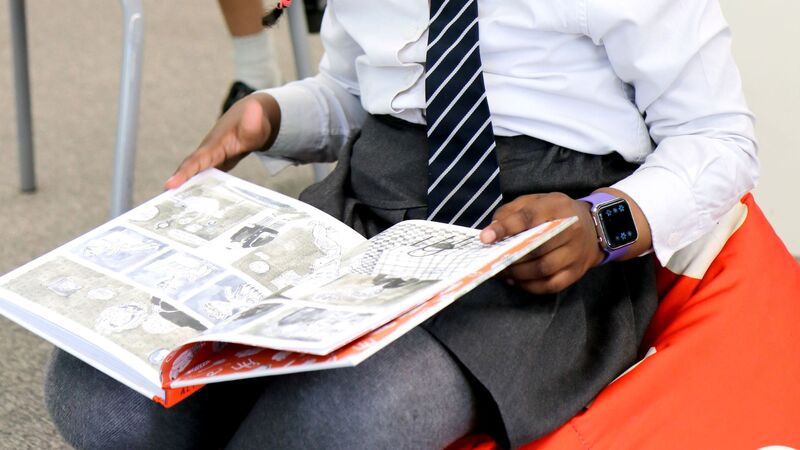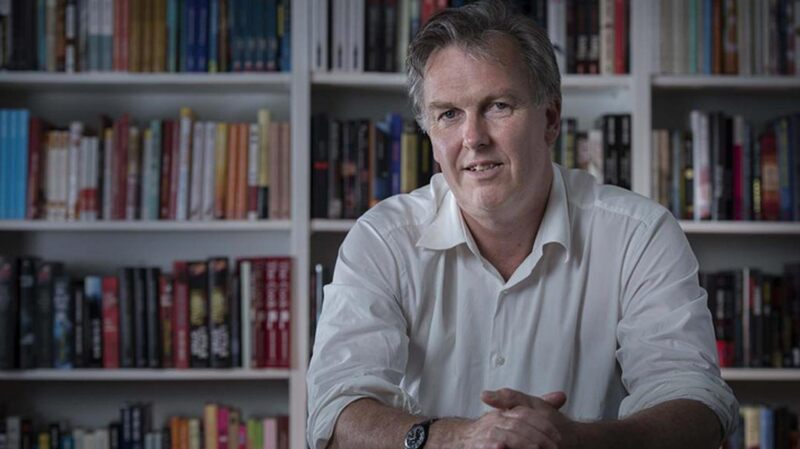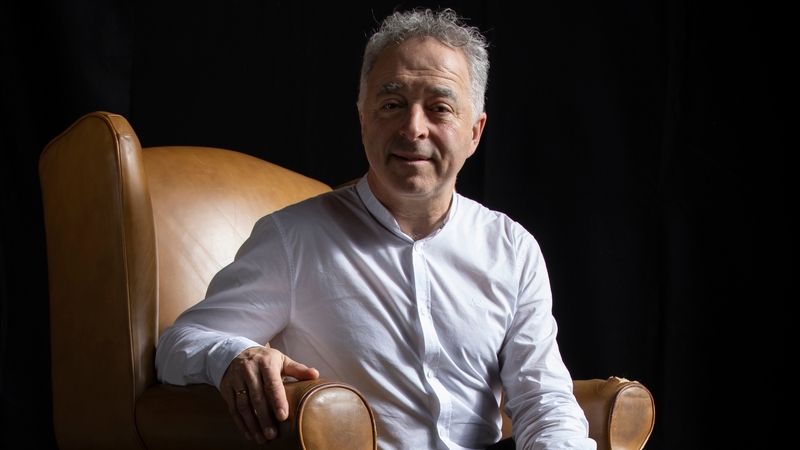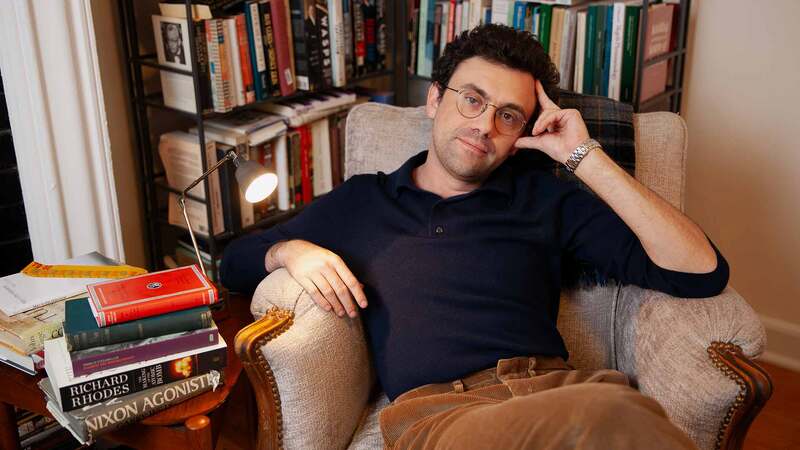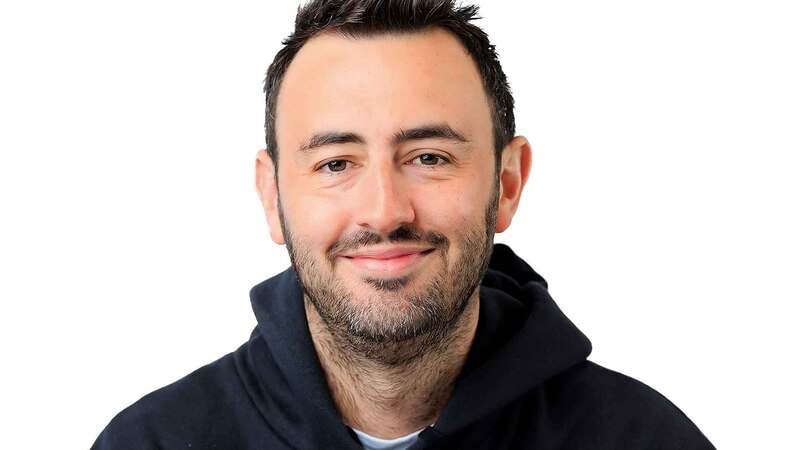You are viewing your 1 free article this month. Login to read more articles.
Indie publishers dominate Desmond Elliott Prize longlist
Six indie publishers have made the 10-strong longlist for this year's £10,000 Desmond Elliott Prize, including a first ever nomination for Unbound.
The award, named in honour of the late literary agent and run by the National Centre for Writing, is given each year to the most outstanding first novel of the past 12 months. Indies making the list are Faber, Granta Books, Saraband, Scribe, Tramp Press and Unbound, while there are also nods for titles from Orion, Little, Brown and Penguin Random House imprints Viking and William Heinemann.
Unbound's entry is Crow Court by Andy Charman, which chronicles the lives of the residents of a Dorset market town in the mid-19th century. It is joined by another historical novel, The Manningtree Witches by poet A K Blakemore (Granta), which plunges readers into the fever of the English witch trials of the 17th century.
Also on the longlist is Rebecca Watson's little scratch (Faber), a story of a day in the life of an unnamed woman processing recent sexual violence, and How We Are Translated by bookseller and activist Jessica Gaitán Johannesson (Scribe), questioning identity through an exploration of language.
Elsewhere, there are nominations for Castles from Cobwebs by University of York lecturer J A Mensah (Saraband), which follows a foundling’s transition from innocence to understanding as she is called to Accra after the sudden death of her biological mother, and Doireann Ní Ghríofa's fluid hybrid of essay and autofiction A Ghost in the Throat (Tramp Press).
Exciting Times by Naoise Dolan (Weidenfeld & Nicolson), which explores the experience of a young woman leaving her home in Ireland, is also in the running along with Rainbow Milk by Paul Mendez (Dialogue), examining race, class, sexuality, freedom and religion across generations, time and cultures, also just shortlisted for the Jhalak Prize.
Completing the longlist are Open Water by Caleb Azumah Nelson (Viking), a love story which provides an insight into race and masculinity, and The Liar’s Dictionary by Royal Holloway lecturer Eley Williams (William Heinemann), which follows a character who aims to discover the secret to living a meaningful life through words.
Chairing the judges is winner of the 2016 Desmond Elliott Prize Lisa McInerney, alongside journalist and author Chitra Ramaswamy and book reviewer and broadcaster Simon Savidge. McInerney said: “It is a personal delight to chair the judging panel of the Desmond Elliott Prize five years after Iain Pears, Sam Baker and Katy Guest chose The Glorious Heresies as their winner. So we can keep literature in rude health, a writer who finds success should never pull the ladder up after herself, and this is one way for me to hold that ladder for emerging writers, to pass on the welcome and encouragement and assistance I’ve been so lucky to get from my peers. This is why I was so pleased to hear of the inclusion of a programme of support from the National Centre for Writing — what a positive and important expansion to the prize. I can’t wait to see what’s in store for Chitra, Simon and me.”
A shortlist will be announced on 1st June and the winner will be announced on 1st July.
Peggy Hughes, programme director at the National Centre for Writing, said: “We’re delighted to announce a longlist that asks questions of us, with this year’s debut novels exploring themes of self-discovery and language, as well as the nuances of British history and culture through the lens of female and Black experience. We’re looking forward to hearing Lisa, Chitra and Simon’s thoughts on these captivating and thought-provoking debuts.”
The Desmond Elliott Prize is run by the NCW as the flagship in its Early Career Awards portfolio. This also includes the UEA New Forms Award, worth £4,000, for an innovative and daring new voice in fiction and the Laura Kinsella Fellowship, also worth £4,000, which recognises an exceptional writer who has experienced limiting circumstances or whose voice has been underrepresented in mainstream literary fiction. The winners of all three awards will be announced on 1st July, and all will benefit from a tailored programme of support from the National Centre for Writing, supported by Arts Council England.





